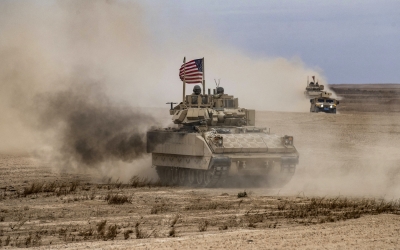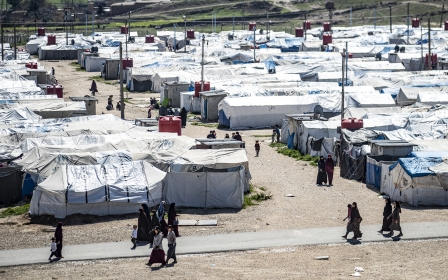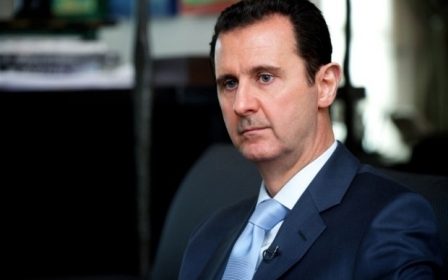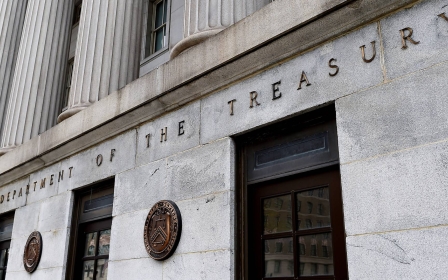Syria approves $5.3bn budget for 2022 as economic crisis hits finances
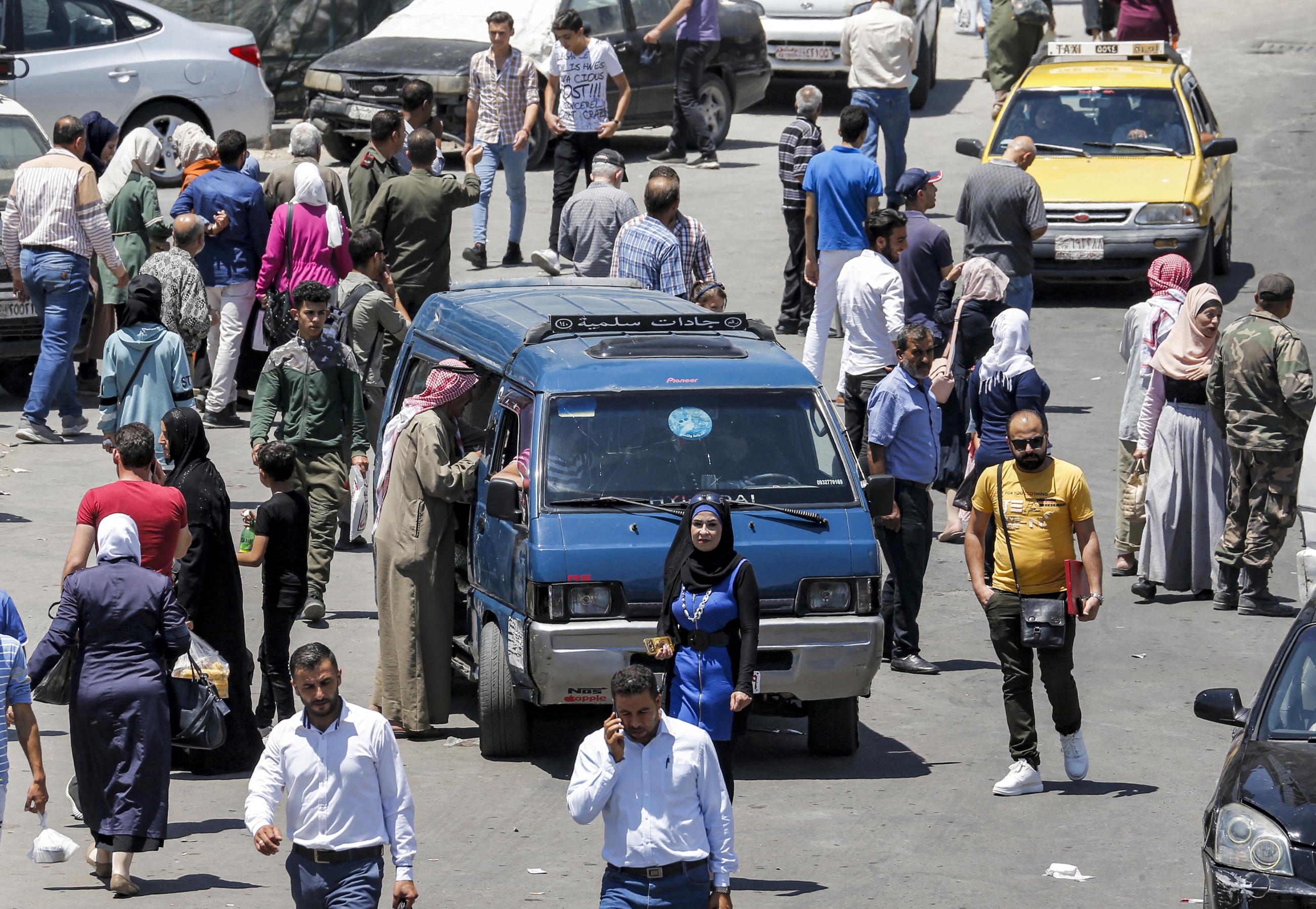
The Syrian government has approved a draft $5.3bn budget for 2022 as the country continues to grapple with a deep economic crisis.
The budget, approved by lawmakers on Wednesday, is a big reduction from this year's $6.8bn budget, as the public finances continue to suffer, threatening subsidies on essential goods.
A decade of war, western sanctions and the Covid-19 pandemic have devastated the Syrian economy, pushing most of the population into poverty as the value of the Syrian pound has plummeted.
Government spending has been cut by more than 40 percent over the past two years, with cuts threatening a critical social support programme.
The 2022 budget, which still requires President Bashar al-Assad's signature, was set at 13.325 trillion Syrian pounds, the official Sana news agency reported late Tuesday, equivalent to $5.3bn when calculated at a central bank exchange rate of 2,512 pounds to the dollar.
New MEE newsletter: Jerusalem Dispatch
Sign up to get the latest insights and analysis on Israel-Palestine, alongside Turkey Unpacked and other MEE newsletters
The budget for this year, which was calculated according to a previous exchange rate of 1,250 pounds to the dollar, stood at 8.5 trillion pounds ($6.8bn).
In 2020, it was estimated at nearly $9bn.
No 'tampering' with social protection
Finance Minister Kenan Yaghi pledged that "the policy of social protection is a stable one that won't be tampered with" in the coming year, Sana reported.
He said the 2022 budget set aside 5.53 trillion Syrian pounds ($2.2bn) for a social support programme that includes subsidies on key items such as fuel, wheat, flour, sugar and rice.
Last year, the government set aside 3.5 trillion Syrian pounds ($2.8bn) for social support.
"The government is in the process of implementing a new formula for support with the aim of delivering it to those who need it most," Sana quoted Yaghi as saying.
The budget also allocated around 2 trillion pounds for investment and set the projected deficit for next year at 4.1 trillion pounds ($1.6bn).
Despite sanctions, Syria has been rebuilding ties with a number of other governments in the region, eager to court investment.
Last month, the government received the United Arab Emirates' foreign minister, Sheikh Abdullah bin Zayed, on a visit to capital Damascus, the most senior Emirati official to visit Syria in the decade since the civil war erupted in the country in 2011.
A close ally of the UAE, the United States does not support the Gulf state’s efforts to normalise relations with Assad until the civil war ends.
But in recent years Gulf countries have been keen to rekindle relations with the Syrian president as concerns about alternative regional influences from countries like Iran and Turkey, which occupies border areas in the north of the country, deepened.
Middle East Eye delivers independent and unrivalled coverage and analysis of the Middle East, North Africa and beyond. To learn more about republishing this content and the associated fees, please fill out this form. More about MEE can be found here.


